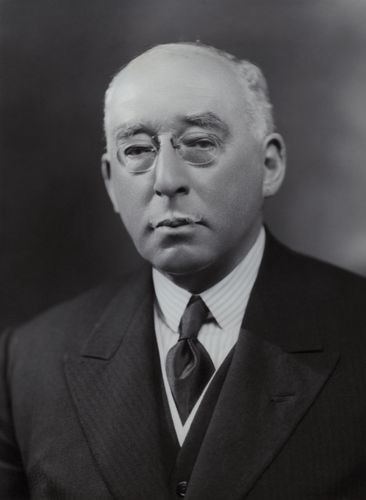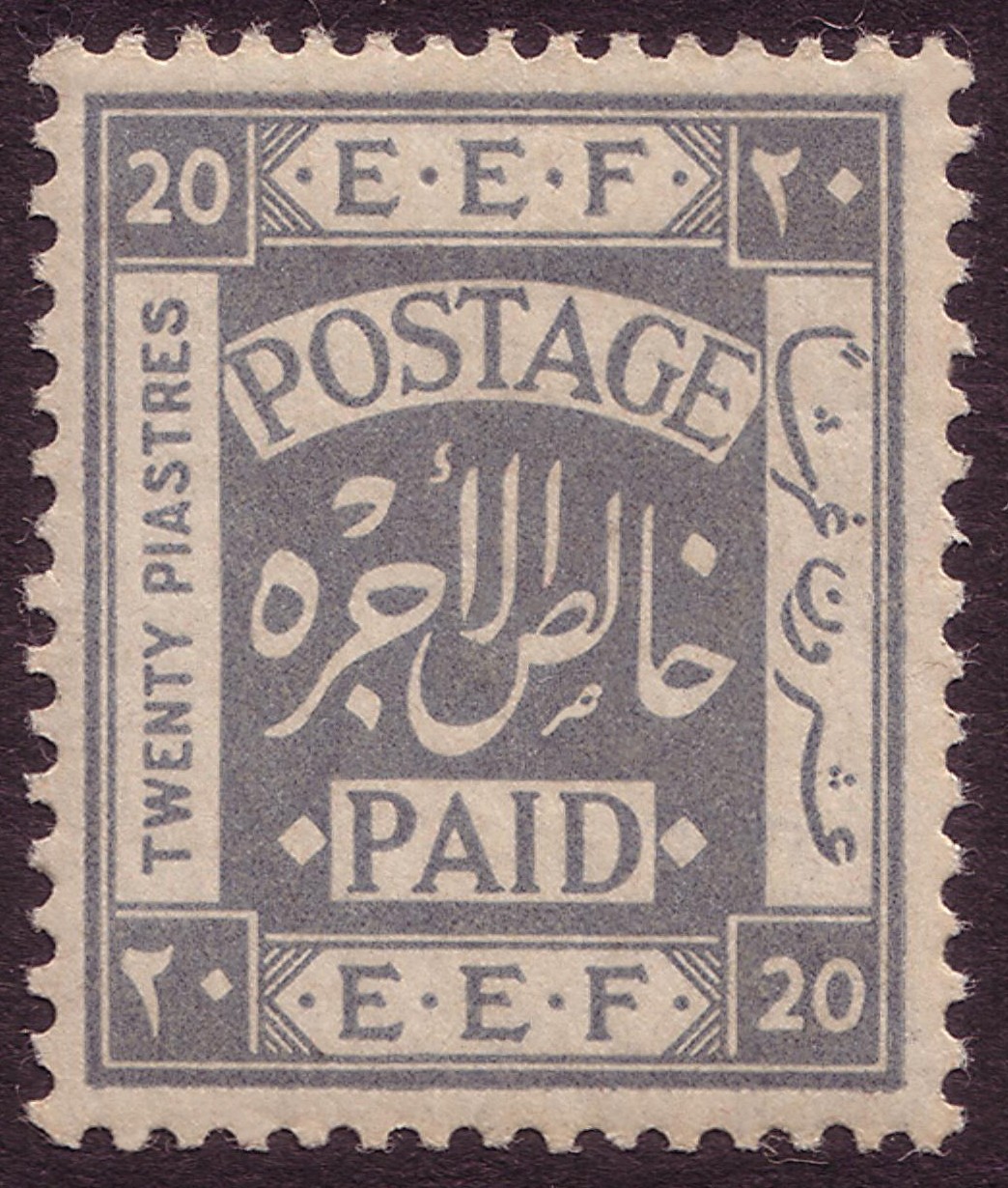|
Sir Ronald Storrs
Sir Ronald Henry Amherst Storrs (19 November 1881 – 1 November 1955) was an official in the British Foreign and Colonial Office. He served as Oriental Secretary in Cairo, Military Governor of Jerusalem, Governor of Cyprus, and Governor of Northern Rhodesia. Biography Ronald Storrs was the eldest son of John Storrs, priest of the Church of England and later Dean of Rochester. His mother was Lucy Anna Maria Cockayne-Cust, sister of the fifth Baron Brownlow.Ritchie Ovendale, ‘Storrs, Sir Ronald Henry Amherst (1881–1955)’, Oxford Dictionary of National Biography Storrs was educated at Charterhouse School and Pembroke College, Cambridge, where he gained a first-class degree in the Classical Tripos. Foreign service Egypt Storrs entered the Finance Ministry of the Egyptian Government in 1904, five years later becoming Oriental Secretary to the British Agency, succeeding Harry Boyle in this post. In 1917 Storrs became Political Officer representing the Egyptian Expeditionar ... [...More Info...] [...Related Items...] OR: [Wikipedia] [Google] [Baidu] |
Governor Of Northern Rhodesia
The Governor of Northern Rhodesia was the representative of the British Monarch in the self-governing colony of Northern Rhodesia from 1924 to 1964. The Governor was appointed by The Crown and acted as the local head of state, receiving instructions from the British Government. Establishment of the office The office of the Governor of Northern Rhodesia was established on 20 February 1924, when the ''Northern Rhodesia Order in Council, 1924'' was adopted.Northern Rhodesia Order in Council, 1924 It provided that: List of governors of Northern Rhodesia For continuation after independence, ''see: ''President of Zambia See also *President of Zambia *Prime Minister of Zambia *Governor-General of the Federation of Rhodesia and Nyasaland References {{DEFAULTSORT:Governor Of Northern Rhodesia Rhodesia, Northern Governor Governors A governor is an administrative leader and head of a polity or political region, ranking under the head of state and in some cases, such ... [...More Info...] [...Related Items...] OR: [Wikipedia] [Google] [Baidu] |
Cairo
Cairo ( ; ar, القاهرة, al-Qāhirah, ) is the capital of Egypt and its largest city, home to 10 million people. It is also part of the largest urban agglomeration in Africa, the Arab world and the Middle East: The Greater Cairo metropolitan area, with a population of 21.9 million, is the 12th-largest in the world by population. Cairo is associated with ancient Egypt, as the Giza pyramid complex and the ancient cities of Memphis and Heliopolis are located in its geographical area. Located near the Nile Delta, the city first developed as Fustat, a settlement founded after the Muslim conquest of Egypt in 640 next to an existing ancient Roman fortress, Babylon. Under the Fatimid dynasty a new city, ''al-Qāhirah'', was founded nearby in 969. It later superseded Fustat as the main urban centre during the Ayyubid and Mamluk periods (12th–16th centuries). Cairo has long been a centre of the region's political and cultural life, and is titled "the city of a thousand m ... [...More Info...] [...Related Items...] OR: [Wikipedia] [Google] [Baidu] |
Baghdad
Baghdad (; ar, بَغْدَاد , ) is the capital of Iraq and the second-largest city in the Arab world after Cairo. It is located on the Tigris near the ruins of the ancient city of Babylon and the Sassanid Persian capital of Ctesiphon. In 762 CE, Baghdad was chosen as the capital of the Abbasid Caliphate, and became its most notable major development project. Within a short time, the city evolved into a significant cultural, commercial, and intellectual center of the Muslim world. This, in addition to housing several key academic institutions, including the House of Wisdom, as well as a multiethnic and multi-religious environment, garnered it a worldwide reputation as the "Center of Learning". Baghdad was the largest city in the world for much of the Abbasid era during the Islamic Golden Age, peaking at a population of more than a million. The city was largely destroyed at the hands of the Mongol Empire in 1258, resulting in a decline that would linger through many c ... [...More Info...] [...Related Items...] OR: [Wikipedia] [Google] [Baidu] |
Egyptian Expeditionary Force
The Egyptian Expeditionary Force (EEF) was a British Empire military formation, formed on 10 March 1916 under the command of General Archibald Murray from the Mediterranean Expeditionary Force and the Force in Egypt (1914–15), at the beginning of the Sinai and Palestine Campaign of the First World War. History Formed in the British protectorate of the Sultanate of Egypt, the initially small force was raised to guard the Suez Canal and Egypt. After the withdrawal from the Gallipoli Campaign the force grew into a large reserve to provide reinforcements for the Western Front (World War I), Western Front, while the Western Frontier Force fought in the Senussi Campaign from 1915 to 1917 and the Eastern Force (EF) defended the canal at the Battle of Romani in August 1916. Following the victory at Romani, part of the Eastern Force pursued the Ottoman Empire, Ottoman invading force back to Palestine (region), Palestine after the victories at the Battle of Magdhaba in December 1916 and t ... [...More Info...] [...Related Items...] OR: [Wikipedia] [Google] [Baidu] |
British Agency
British may refer to: Peoples, culture, and language * British people, nationals or natives of the United Kingdom, British Overseas Territories, and Crown Dependencies. ** Britishness, the British identity and common culture * British English, the English language as spoken and written in the United Kingdom or, more broadly, throughout the British Isles * Celtic Britons, an ancient ethno-linguistic group * Brittonic languages, a branch of the Insular Celtic language family (formerly called British) ** Common Brittonic, an ancient language Other uses *''Brit(ish)'', a 2018 memoir by Afua Hirsch *People or things associated with: ** Great Britain, an island ** United Kingdom, a sovereign state ** Kingdom of Great Britain (1707–1800) ** United Kingdom of Great Britain and Ireland (1801–1922) See also * Terminology of the British Isles * Alternative names for the British * English (other) * Britannic (other) * British Isles * Brit (other) * B ... [...More Info...] [...Related Items...] OR: [Wikipedia] [Google] [Baidu] |
Oriental Secretary
The Orient is a term for the East in relation to Europe, traditionally comprising anything belonging to the Eastern world. It is the antonym of ''Occident'', the Western World. In English, it is largely a metonym for, and coterminous with, the continent of Asia, loosely classified into the Western Asia, Southeast Asia, South Asia, Central Asia, East Asia, and sometimes including the Caucasus. Originally, the term ''Orient'' was used to designate only the Near East, and later its meaning evolved and expanded, designating also the Middle East, Central Asia, South Asia, Southeast Asia, or the Far East. The term ''oriental'' is often used to describe objects from the Orient; however in the United States it is considered an outdated and often offensive term by some, especially when used to refer to people of East Asian and Southeast Asian descent. Etymology The term "Orient" derives from the Latin word ''oriens'' meaning "east" (lit. "rising" < ''orior'' " rise"). The use of th ... [...More Info...] [...Related Items...] OR: [Wikipedia] [Google] [Baidu] |
Egypt
Egypt ( ar, مصر , ), officially the Arab Republic of Egypt, is a transcontinental country spanning the northeast corner of Africa and southwest corner of Asia via a land bridge formed by the Sinai Peninsula. It is bordered by the Mediterranean Sea to the north, the Gaza Strip of Palestine and Israel to the northeast, the Red Sea to the east, Sudan to the south, and Libya to the west. The Gulf of Aqaba in the northeast separates Egypt from Jordan and Saudi Arabia. Cairo is the capital and largest city of Egypt, while Alexandria, the second-largest city, is an important industrial and tourist hub at the Mediterranean coast. At approximately 100 million inhabitants, Egypt is the 14th-most populated country in the world. Egypt has one of the longest histories of any country, tracing its heritage along the Nile Delta back to the 6th–4th millennia BCE. Considered a cradle of civilisation, Ancient Egypt saw some of the earliest developments of writing, agriculture, ur ... [...More Info...] [...Related Items...] OR: [Wikipedia] [Google] [Baidu] |
Tripos
At the University of Cambridge, a Tripos (, plural 'Triposes') is any of the examinations that qualify an undergraduate for a bachelor's degree or the courses taken by a student to prepare for these. For example, an undergraduate studying mathematics is said to be reading for the ''Mathematical Tripos'', whilst a student of English literature is reading for the ''English Tripos''. In most traditional English universities, a student registers to study one field exclusively, rather than having " majors" or " minors" as in American, Australian, Canadian, or Scottish universities. In practice, however, most degrees may be fairly interdisciplinary in nature, depending on the subject. The multi-part tripos system at Cambridge also allows substantial changes in field between parts; the Natural Sciences Tripos is especially designed to allow a highly flexible curriculum across the sciences. Etymology The word has an obscure etymology, but may be traced to the three-legged stool candid ... [...More Info...] [...Related Items...] OR: [Wikipedia] [Google] [Baidu] |
Charterhouse School
(God having given, I gave) , established = , closed = , type = Public school Independent day and boarding school , religion = Church of England , president = , head_label = Head , headmaster = Alex Peterken , r_head_label = Second Master , r_head = Andrew Turner , chair_label = Chair of Governors , chairman = Vicky Tuck , founder = Thomas Sutton , fundraiser = , specialist = , address = Charterhouse Road , city = Godalming , county = Surrey , country = United Kingdom , postcode = GU7 2DX , local_authority = , dfeno = 936/6041 , urn = 125340 , ofsted = , staff = ≈55 ... [...More Info...] [...Related Items...] OR: [Wikipedia] [Google] [Baidu] |
Baron Brownlow
Baron Brownlow, of Belton, South Kesteven, Belton in the County of Lincoln, is a title in the Peerage of Great Britain. It was created in 1776 for Brownlow Cust, 1st Baron Brownlow, Sir Brownlow Cust, 4th Baronet. The Cust family descends from Sir Richard Cust, 1st Baronet, Richard Cust (1622-1700) of The Black Friars, Stamford, who represented Lincolnshire (UK Parliament constituency), Lincolnshire and Stamford (UK Parliament constituency), Stamford in Parliament. In 1677 he was created a baronet, "of Stamford in the County of Lincoln". He was succeeded by his grandson Richard Cust, 2nd Baronet, who married Anne Brownlow, daughter of Sir William Brownlow, 4th Baronet, "of Great Humby, Humby", Lincolnshire, and sister and sole heiress of John Brownlow, 1st Viscount Tyrconnel, John Brownlow, 1st Viscount Tyrconnel, 5th Baronet of Belton House, Lincolnshire. The 2nd Baronet's son Sir John Cust, 3rd Baronet, sat as a Member of Parliament for Grantham (UK Parliament constituency), Gra ... [...More Info...] [...Related Items...] OR: [Wikipedia] [Google] [Baidu] |
Dean Of Rochester
The Dean of Rochester is the head of the chapter of canons at Rochester Cathedral, the mother church of the Church of England Diocese of Rochester. The current dean is Philip Hesketh, who has served in that role since June 2016. List of deans Early modern *1541–1570 Walter Phillips *1570–1572 Edmund Freke *1572–1581 Thomas Willoughby *1581–1591 John Coldwell *1592–1611 Thomas Blague *1611–1615 Richard Milbourne *1615–1620 Robert Scott ''(elder)'' *1621–1624 Godfrey Goodman *1625–1639 Walter Balcanquhall *1639–1642 Henry King *1642–1644 Thomas Turner *1644–1660 ''Vacancy (Commonwealth)'' *1660 Benjamin Lany *1661–1670 Nathaniel Hardy *1670–1673 Peter Mews *1673–1688 Thomas Lamplugh *1676–1688 John Castilion *1688 ''Simon Lowth (nominated)'' *1689–1706 Henry Ullock *1706–1723 Samuel Pratt *1724–1732 Nicholas Clagett *1732–1743 Thomas Herring *1743–1744 William Barnard *1744–1765 John Newcombe *1765–1767 William Markham *17 ... [...More Info...] [...Related Items...] OR: [Wikipedia] [Google] [Baidu] |
John Storrs (priest)
John Storrs (1846 - 29 February 1928) was an Anglican priest at the end of the 19th century and the first decades of the 20th century. Storrs was born in Nova Scotia, Canada, as the eldest son of the Rev. John Storrs of Wolfville, Nova Scotia. He was educated in England at The King's School, Rochester, matriculating in 1865 and going up to Pembroke College, Cambridge. He obtained his BA in 1869, his MA in 1873 and received a DD in 1913. Storrs was ordained deacon in 1871 and a priest in 1873. He was a curate at St Mary's Bury St Edmunds. and then at St Peter's, Eaton Square, London. From 1880 he was the vicar of St James' (now St Edmundsbury Cathedral), Bury St Edmunds and, from 1883, at St Peter's, Eaton Square before becoming the Dean of Rochester in 1913. Whilst at St Peter's he served as the rural dean from 1891 to 1902, then was the Rural Dean of Westminster from 1902 until his move to Rochester. In 1912 and 1913 he was an honorary chaplain to King George V. S ... [...More Info...] [...Related Items...] OR: [Wikipedia] [Google] [Baidu] |







